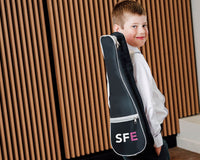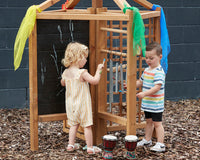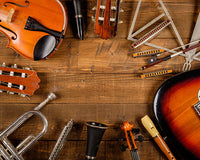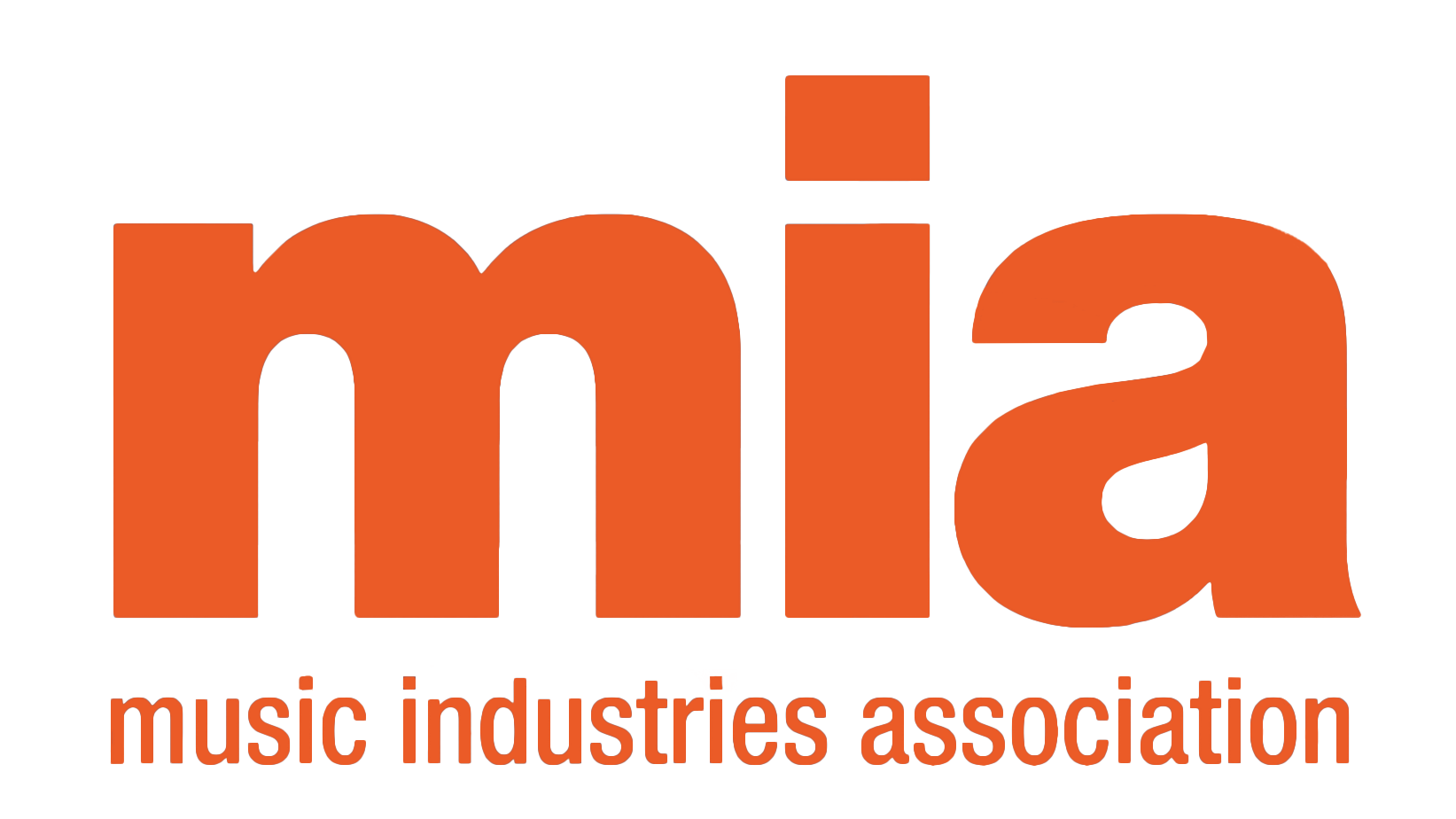In the vibrant world of primary school music education, selecting the right instruments for young learners is crucial. Not only does it pave the way for a fulfilling musical journey, but it also lays the foundation for a lifelong love of music. At Normans Musical Instruments, we understand the significance of this decision and are committed to helping educators choose age-appropriate instruments that foster creativity, skill development and a sense of accomplishment among students.
Understanding Developmental Milestones
Before diving into instrument selection, it's essential to grasp the developmental milestones of primary school children. Young learners undergo rapid physical, cognitive and emotional changes, which should inform our choices.
For instance, children in the Early Years (up to age 5) are still developing fine motor skills and hand-eye coordination. They thrive with instruments that are tactile, easy to handle and produce immediate feedback, such as hand percussion instruments like tambourines, shakers and drums.
As children progress into Key Stage 1 (ages 5-7), their dexterity improves, allowing for more complex interactions with instruments. This stage is ideal for introducing simple melodic instruments like xylophones, glockenspiels and recorders, which help develop basic pitch recognition and finger coordination.
In Key Stage 2 (ages 7-11), students are ready for more sophisticated instruments that challenge their growing musical abilities. This is the time to introduce instruments like ukuleles, keyboards and small brass or woodwind instruments, offering a broader range of musical expression and ensemble playing opportunities.
Factors to Consider When Choosing Instruments
1. Size and Weight: Instruments should be proportionate to the child's physical dimensions to ensure comfort and ease of play. For example, smaller hands may struggle with large guitars or pianos, so opting for compact alternatives like ukuleles or keyboards is advisable.
2. Durability: Given the enthusiastic nature of young learners, durability is paramount. Look for instruments constructed from robust materials that can withstand the inevitable bumps and knocks of classroom use.
3. Safety: Ensure that instruments are free from small parts or sharp edges that could pose a safety hazard to children. Additionally, consider the materials used in construction, opting for non-toxic, child-friendly options whenever possible.
4. Educational Value: Choose instruments that offer educational benefits beyond mere entertainment. Look for opportunities to integrate instrument playing into broader musical learning objectives, such as rhythm comprehension, notation reading and ensemble skills.
5. Budget Considerations: While quality is essential, budget constraints are a reality for many educators. Seek out instruments that strike a balance between affordability and durability, maximising the value for both students and schools. Our ready-made classroom packs offer an excellent cost-effective solution, providing a variety of instruments for whole class learning.
Normans.co.uk offers a comprehensive selection of Primary School Instruments meticulously curated to meet the diverse needs of primary school music lessons. From percussion and melodic instruments to ukuleles and keyboards, our collection features high-quality, age-appropriate instruments suitable for learners of all levels. Each instrument is chosen with durability, safety and educational value in mind, ensuring that educators can confidently integrate them into their curriculum with ease.
Highlighted within our Primary School Instruments collection are the highly rated A-Star percussion instruments. Renowned for their exceptional quality and sound, A-Star percussion instruments are designed to engage students and inspire creativity. From colourful hand drums and tambourines to vibrant rhythm sets and xylophones, A-Star offers a wide range of percussion options tailored to the unique needs of primary school music education.
Incorporating age-appropriate instruments into the primary school music curriculum enhances learning, fosters creativity and instills a lifelong appreciation for music. By understanding developmental milestones, considering key factors like size, durability and educational value, educators can make informed choices that enrich students' musical experiences and ignite their passion for music. At Normans Musical Instruments, we're dedicated to providing educators with a diverse range of high-quality instruments tailored to the needs of young learners, ensuring that every child has the opportunity to discover the joy of making music.























